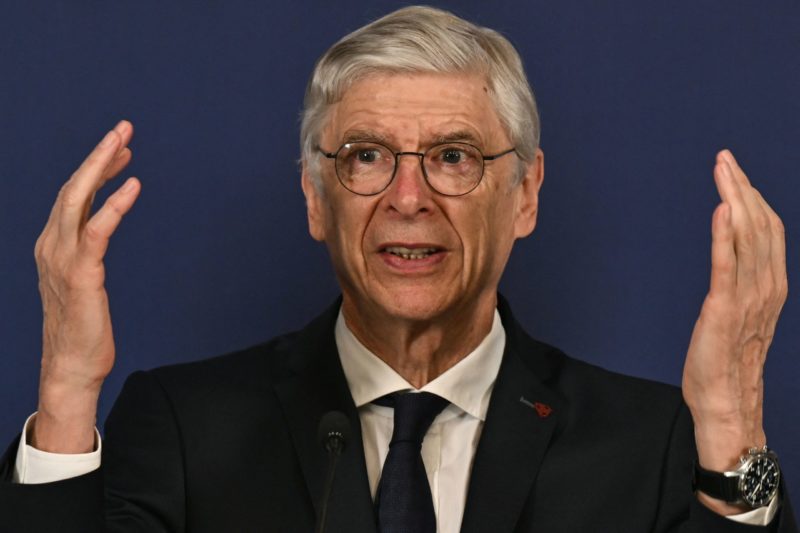FIFA made the announcement on Monday, as pressure mounts from players, leagues, and unions over the relentless fixture congestion that has taken a heavy physical and mental toll on athletes.
The appointment comes shortly after a joint complaint was lodged by players’ union FIFPRO, Spain’s La Liga, and the European leagues’ group with European Union antitrust regulators.
The complaint accused FIFA of “calendar abuse,” specifically criticising the introduction of new competitions such as the expanded 32-team Club World Cup and revamped international formats, which are set to increase the number of matches per season further.
According to a recent FIFPRO report, some players are left with as little as 12% of the year for rest, raising alarms about both the physical and psychological repercussions for top athletes.
Wenger, who has served as FIFA’s chief of global football development since 2019, will now chair the task force, which is expected to make recommendations on player welfare based on the latest scientific research.
The panel will bring together stakeholders from global players’ union FIFPRO, clubs, domestic leagues, and national federations, reflecting an inclusive approach following criticism of FIFA’s decision to shut down its committee of stakeholders in 2021.
FIFA’s statement on Monday noted that the objective of the task force is to assess and implement suitable and effective safeguards for player welfare. This would involve operational, medical, regulatory, and legal perspectives, though no specific timeline or decision-making roadmap was detailed.
The task force is expected to meet in the coming weeks, with a focus on practical solutions such as mandating off-season breaks and possibly limiting the number of games players are required to participate in, in an already congested calendar.
Wenger has previously emphasised improvements in player welfare, noting in a statement last December that conditions for players had significantly improved over the years and were “unrecognisable” from the past. However, the current landscape, with increased match commitments, suggests the need for renewed focus on safeguarding players’ well-being.
The timing of the task force’s formation coincides with mounting legal pressure on FIFA to consider stakeholder voices more actively. The formal complaint filed with the European Commission by FIFPRO and the leagues cited European competition law, highlighting FIFA’s role in increasing player workloads, which has led some players to suggest the possibility of striking.
As part of its broader efforts to promote player health, FIFA already collaborates with the World Health Organization, including initiatives to improve management practices for head injuries.
The new task force, under Wenger’s leadership, will be tasked with ensuring that additional demands on players are met with corresponding safeguards, using the latest medical and scientific understanding to inform its recommendations.
Wenger’s extensive experience, particularly during his tenure as Arsenal manager, is likely to play a critical role in navigating the complexities of player welfare. The former Arsenal coach’s influence and insight into the demands of top-tier football could prove invaluable as FIFA attempts to balance commercial ambitions with the physical and mental well-being of players.
The football world will now await the outcome of this task force, hoping it can address the pressing concerns that many feel have gone unheeded for too long.

